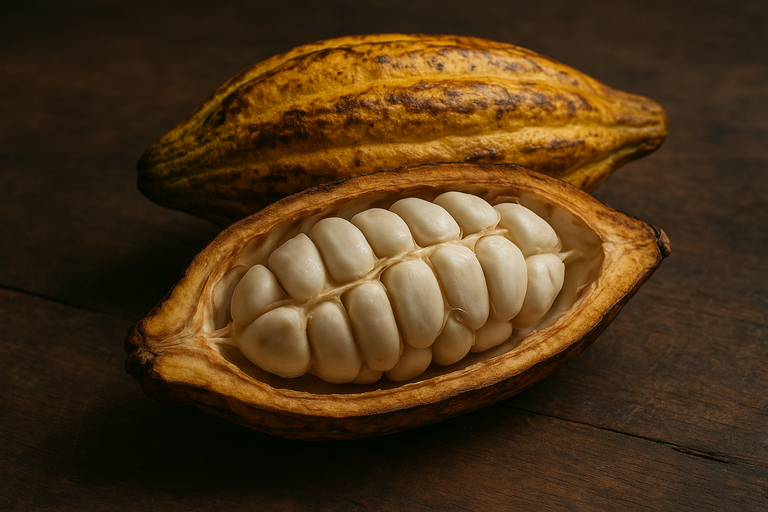
ENG Europe Didn’t Discover Chocolate — It Stole It
Before it was a treat, it was sacred.
Long before chocolate reached European palaces, it was revered by the Maya and the Aztecs. Cacao was more than food. It was part of life, of ceremony, of belief. It was used in offerings to the gods, in sacred rituals, and even as currency. Some rulers were buried with cacao seeds. Some warriors drank it before battle. For them, it was divine.
Then the ships came.
Spanish and Portuguese conquistadors crossed the ocean, drawn by tales of gold and power. What they found were empires, rich in knowledge, art, and tradition. They destroyed them. They took the treasure. And among the things they carried back was cacao.
But the Europeans did not understand it.
They hated the bitter taste. So they drowned it in sugar, added cinnamon and milk, and turned it into something entirely new. Something sweeter. Something profitable.
In Europe, chocolate lost its meaning and became a luxury. The sacred drink of gods was now a fashionable indulgence for kings and nobles.
The origin was forgotten. The violence erased.
So next time you unwrap a chocolate bar, take a moment.
It does not begin in Switzerland.
It begins in the jungles of Mesoamerica, in the hands of a people who never got to tell their side of the story.